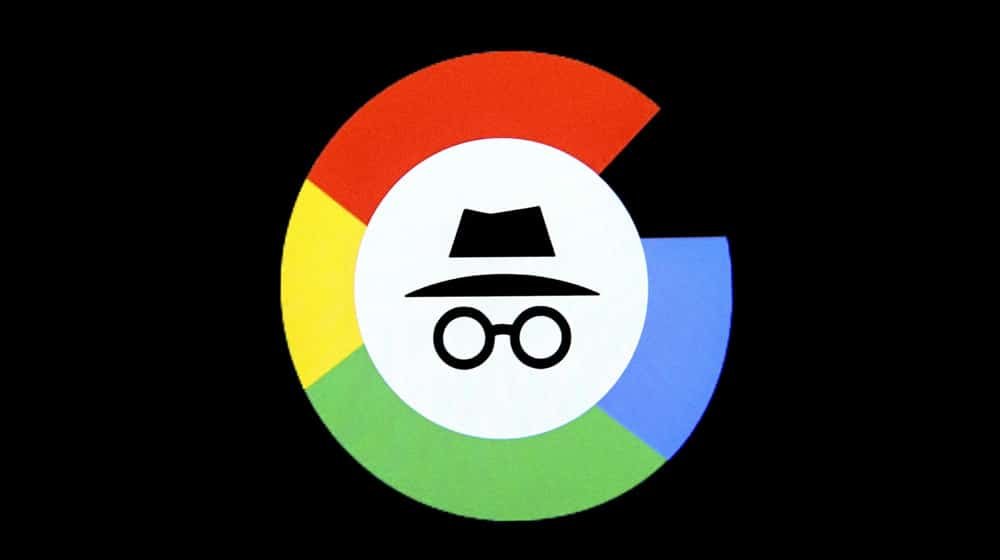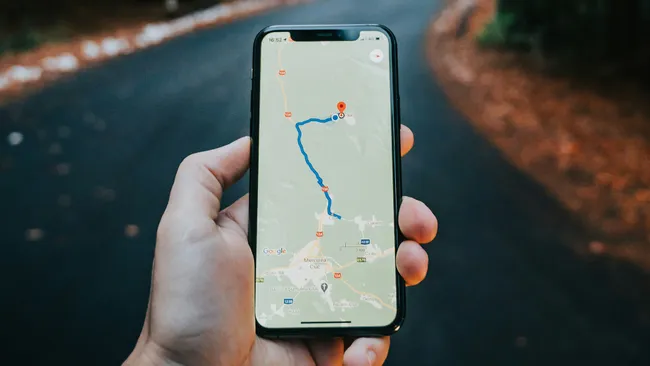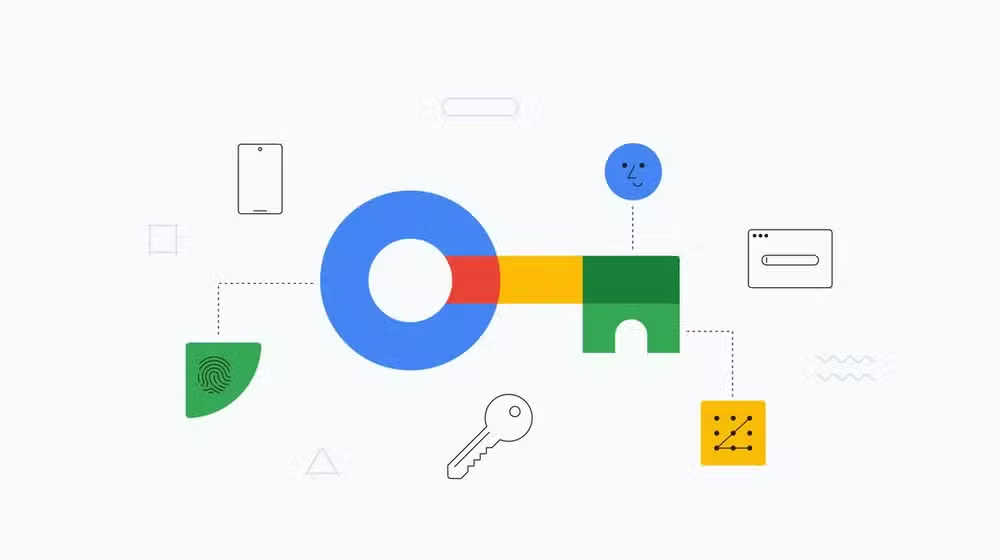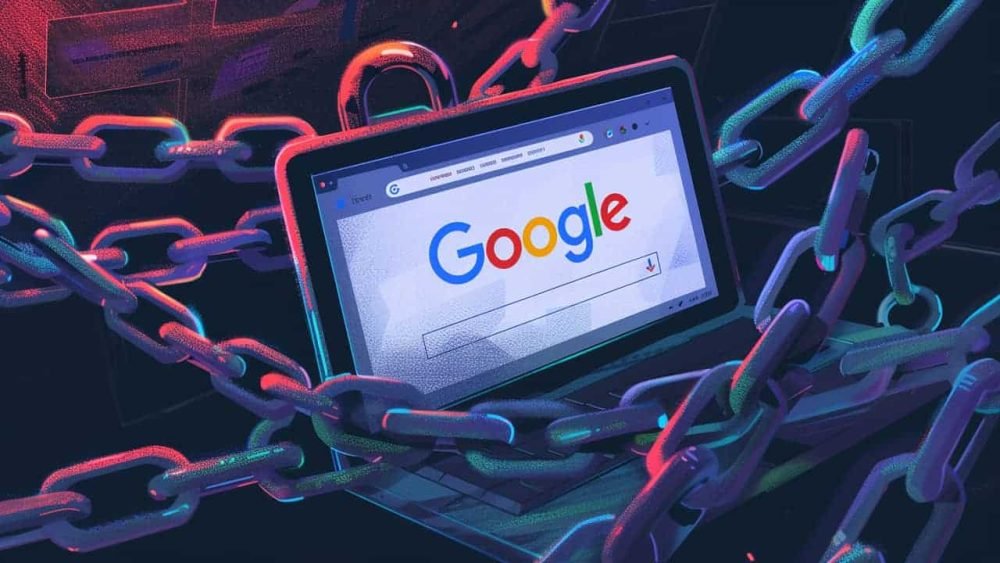
Google has agreed to remove “a wealth of data that represents millions of users’ web-browsing histories,” according to a report published in the Wall Street Journal today. This ruling settles a class action lawsuit that was started in 2020.
The settlement agreements, which were made public Monday in federal court in San Francisco, spell out Google’s pledge to delete “billions of data points” that the lawsuit asserted were inappropriately collected when users were using Chrome’s Incognito mode.
The complaint against Google focused solely on the company’s alleged misrepresentation of the tracking technologies used when using Chrome in Incognito mode, misleading users. The claim that the business misrepresented the extent of data collection—including details like the websites visited when using Incognito sessions—was at the heart of the lawsuit’s defense.
Moreover, Google has pledged to update its information about data gathering in Incognito mode and provide users with the option to disable third-party cookies in this browser setting. The business claims that it is actively working to put these changes into effect. Additionally, Chrome will let users disable third-party cookies by default in Incognito mode for at least the next five years.
Users impacted by Google’s data tracking are permitted to register claims as part of the settlement, but they will not be entitled to any damages. Thus far, the settlement has prevented a trial. Fifty claims have already been filed in California state court by plaintiff attorneys, and more filings are expected in the upcoming months.
The case has been deemed “meritless” by Google spokesperson José Castañeda, as the disputed data is not linked to any specific person or utilized for any kind of service customisation. Google is pleased to remove what he refers to as “old technical data,” the spokesperson continued.
The lawsuit does, however, include internal communications between Sundar Pichai, the CEO of Google, and upper management from 2019 informing him that selling Incognito Mode as private browsing would be inaccurate and perhaps harmful.
A preliminary settlement was reached in late December, but Judge Yvonne Gonzalez Rogers of the Northern District of California still needs to approve the accord in its entirety.






